Marvel Actress Changed Her Chinese Surname Because 'Hollywood Is Racist'

Chloe Bennet, the star of Marvel’s TV show “Agents of S.H.I.E.L.D.,” has no time for people who question her legitimacy as an Asian-American woman.
The actress, who is half Chinese and half white, snapped back at people on social media who criticized Bennet for changing her original surname, Wang.
“Changing my last name doesn’t change the fact that my BLOOD is half Chinese, that I lived in china, speak mandarin, or that I was culturally raised both American and Chinese,” Bennet wrote in a since-deleted comment on Instagram. “It means I had to pay my rent, and hollywood is racist and wouldn’t cast me with a last name that made them uncomfortable.”
“I’m doing everything I can, with the platform I have, to make sure no one has to change their name again, just so they can get work,” she added. “So kindly love, fuck off.”
The conversation surrounding Bennet’s surname name came to light after the actress shared a screenshot of fellow actor Ed Skrein’s announcement that he was turning down a role offered to him because he felt it would be whitewashing a character of mixed Asian heritage.
Though she scrubbed her comment from the Instagram post, it continued to live on as a viral screenshot shared by her supporters. It even caught the attention of another accomplished Asian-American actor: Ken Jeong.
Mad respect. @ChloeBennet4 for the win. ❤️ pic.twitter.com/aSSJKXsUu3
— Ken Jeong (@kenjeong) August 31, 2017
Bennet, whose father is Chinese and mother is white, didn’t always use a stage name. She once pursued a singing career in China using her real name, Chloe Wang.
But as a Chinese-American in Hollywood who could be perceived as “white-passing” — as Twitter has pointed out — it makes sense that Bennet would feel compelled to market herself as a white actress in Hollywood. The film and media industries have historically treated Asian talent unfairly, whether it be casting Asian actors in stereotypical or racially insensitive roles, whitewashing Asian characters by using white actors, paying them less than their white colleagues or not casting them at all.
For example, a 2016 study of diversity in the film industry showed that there are extremely few Hollywood movies with Asian characters, roles and storylines. When Asian characters or themes are included in a film or show, storylines are often tweaked to fit a white actor (see: Scarlett Johansson in “Ghost in the Shell,” Tilda Swinton in “Doctor Strange”). Oftentimes, storylines will even include many Asian themes, but focus on a white character (see: Finn Jones in “Iron Fist”).
Even Daniel Dae Kim and Grace Park ― two of the most prominent actors in the hit show “Hawaii Five-0” ― reportedly left the crime show this year because of pay discrimination.
Not everyone agrees with Bennet’s choice to use a “white-sounding” surname, which also happens to be her Chinese father’s first name, claiming that Bennet is taking advantage of her privilege as a woman who can pass as a white actress. Some people argued that Bennet should fight against the systematic oppression of minorities in Hollywood, instead of conforming her name to fit within the dominant culture’s standards.
Chloe, you're lucky that you're white-passing and that going by the surname "Bennet" is even possible for u. Please check ur privilege. ☹️
— Jasmine (@allthatjaz96) August 31, 2017
Quvenzhané Wallis got an Oscar nom in 2013. Mahershalalhashbaz Ali won an Oscar in 2017. The system needs to change, not us. Fight it.✊🏿
— Blurred Vision (@Android_Tears) August 30, 2017
@ChloeBennet4 surely it's not too late to change your name back to chloe wang now? Plz?
— Wing Y Li💃🏻(Viola) (@lwyviola24601) August 31, 2017
Many people, however, support Bennet’s decision to use her fame and speak out against racism in Hollywood.
This summer the actress founded a nonprofit organization aimed at boosting representation in all industries for those in the Asian-American, Pacific Islander communities. It’s called Represent Us Now.
You shouldn't have to hide who you are to get a job. This upsets me deeply. I'm so glad there are people like you fighting for a fair chance
— Asa Lambrecht (@alamb91) August 31, 2017
Speaking with The Daily Beast in 2016, Bennet said that she was proud to be half-Chinese and she wanted her fans to know she only changed her name so she could be seen in the industry more ― not to hide the Chinese part of her.
“Oh, the first audition I went on after I changed my name, I got booked,” Bennet told The Daily Beast. “So that’s a pretty clear little snippet of how Hollywood works.”
She later added, “I want to be clear because some of my Asian-American fans seem to think I did that [name change] because I didn’t want to be known as Chinese, but it’s so the opposite.”
“I just wanted to be known as me and let my personality define who I was, rather than my ethnicity.”
Love HuffPost? Become a founding member of HuffPost Plus today.
Also on HuffPost
Anna May Wong

In spite of her personal success, Wong openly complained about the lack of quality roles for Asians in Hollywood.
"I was so tired of the parts I had to play," she once told journalist Doris Mackie. "Why is it that the screen Chinese is always the villain? And so crude a villain -- murderous, treacherous, a snake in the grass."
Sessue Hayakawa

Though his heyday was the silent era, Hayakawa received an Oscar nomination for his role as the camp commander in the 1957 epic "The Bridge on the River Kwai."
James Shigeta
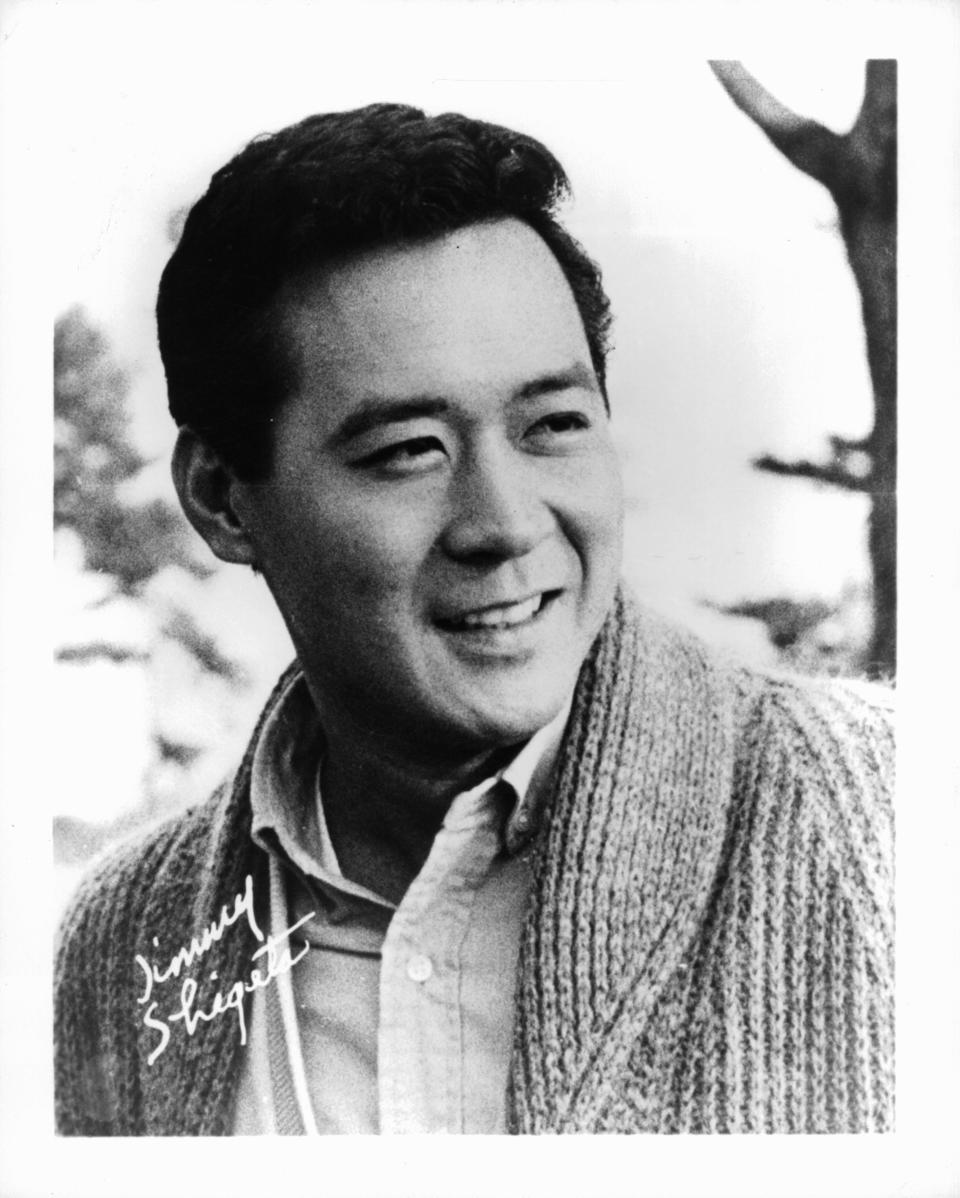
In an interview with the San Jose Mercury News in 2006, Shigeta said things were slightly better for Asian actors in Hollywood in the wake of "Flower Drum Song."
"Finally, they started portraying the Asian American as something other than the poor man in a menial job, as a doctor or attorney," he said.
Miyoshi Umeki
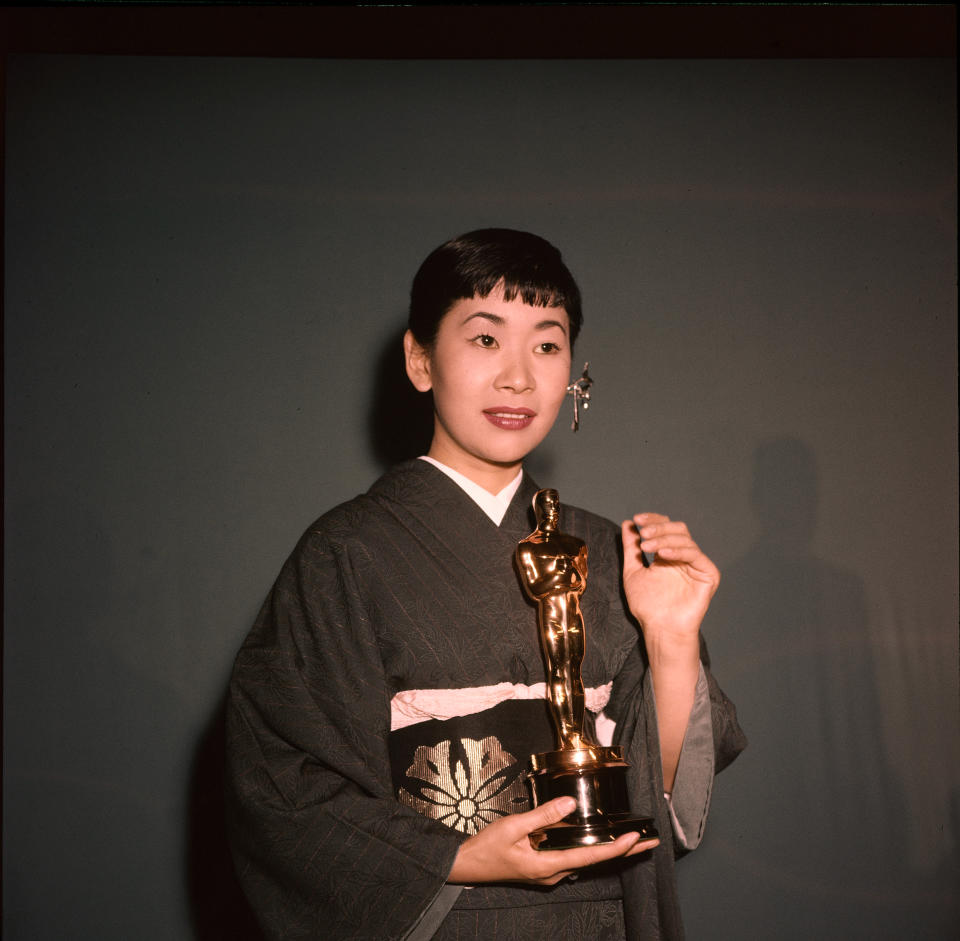
Not much has changed since then, unfortunately. As of 2017, Umeki is the only Asian woman to win an Academy Award for acting.
Merle Oberon
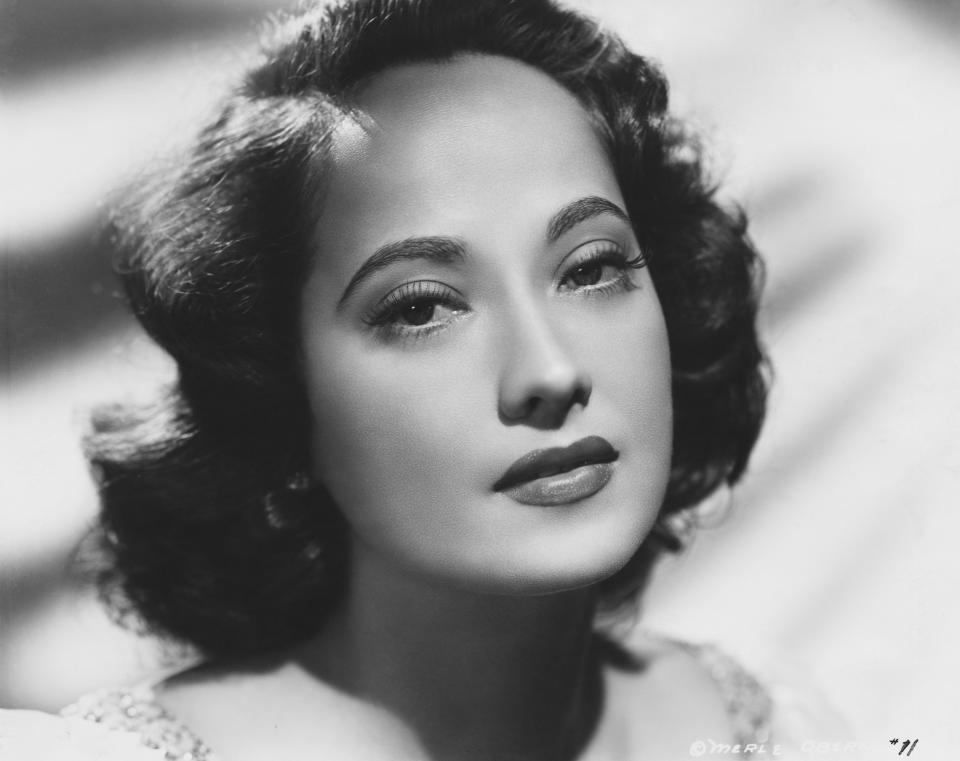
"The studio reconstructed her history and she had to live that life story and keep living that life story," according to Marée Delofski, the director of a 2002 documentary exploring Oberon's life titled "The Trouble With Merle."
Keye Luke
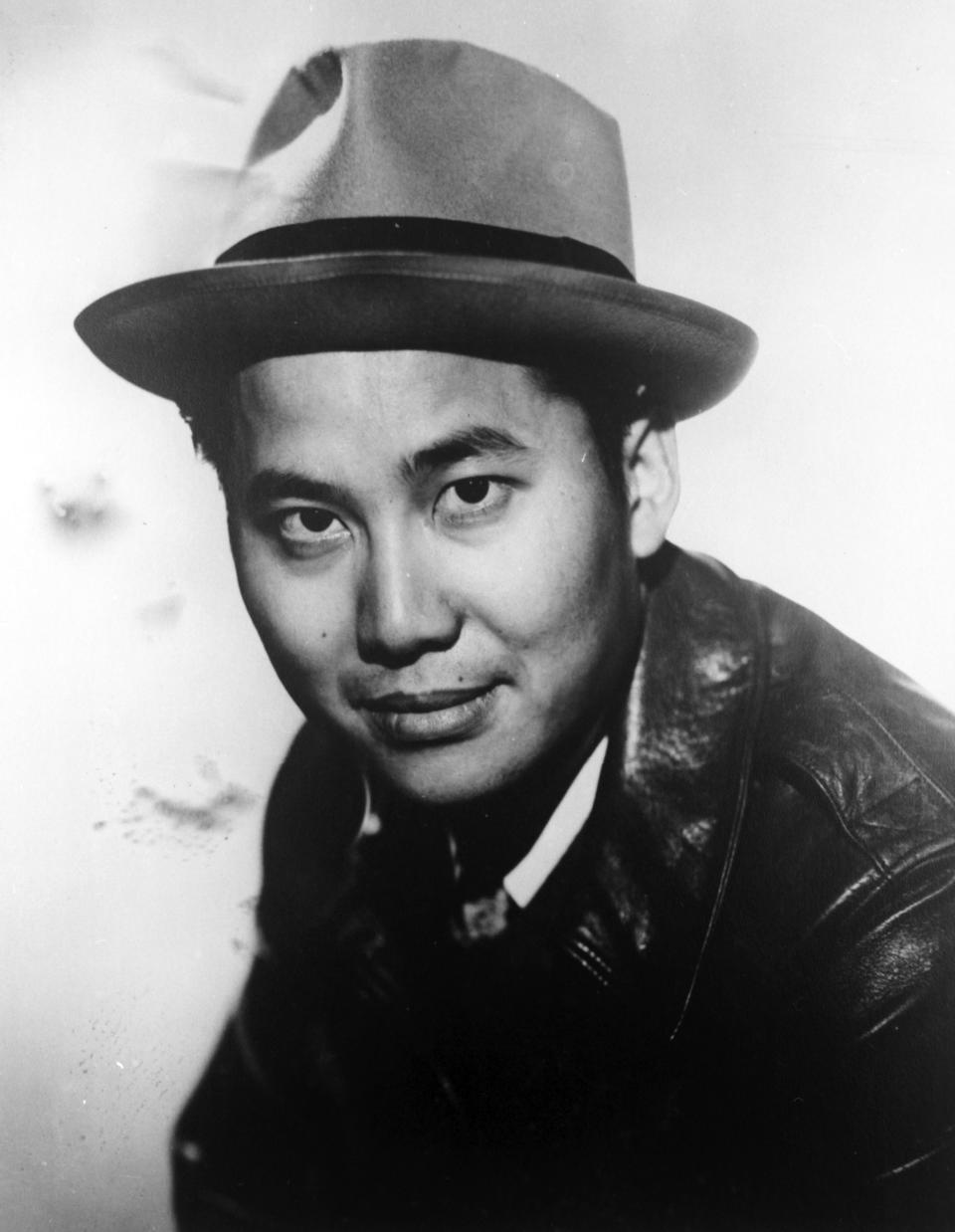
His personal favorite role was that of Master Po, David Carradine's mentor in "Kung Fu," a martial arts Western drama television series that ran in the '70s.
"I was giving the actual sayings of great Chinese philosophers like Confucius for dialogue," he said, in 1985. "It worked for me on every level."
Li Li-Hua

Nancy Kwan

"It was about time to cast Asians in Asian roles," Kwan told told the Los Angeles Times of the landmark musical. "It gave work to a lot of Asians, and it felt so good being in a film like that."
Bruce Lee
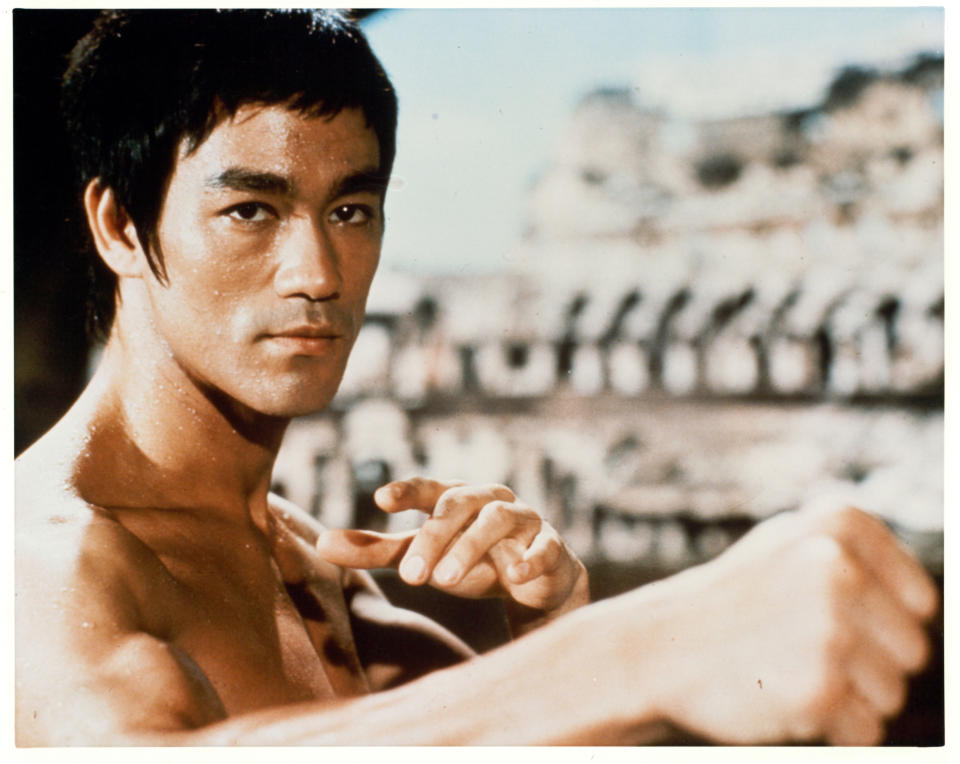
The Asian action hero only starred in five feature films as an adult before his death in 1973, but that's all it took for him to shatter the conception of Asian American masculinity as "weak."
"Before Lee's time, Asian men had been largely depicted as emasculated and childlike -- coolies, domestics, etc. -- in American popular culture," Hye Seung Chung, an associate professor of film and media studies at Colorado State University, told ABC News in 2005. "Lee proved that the image of the Asian man can be tough, strong and sexy."
This article originally appeared on HuffPost.

